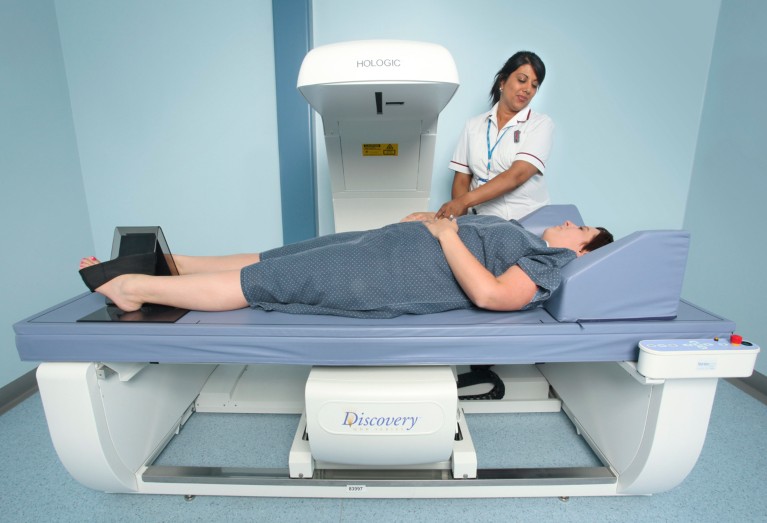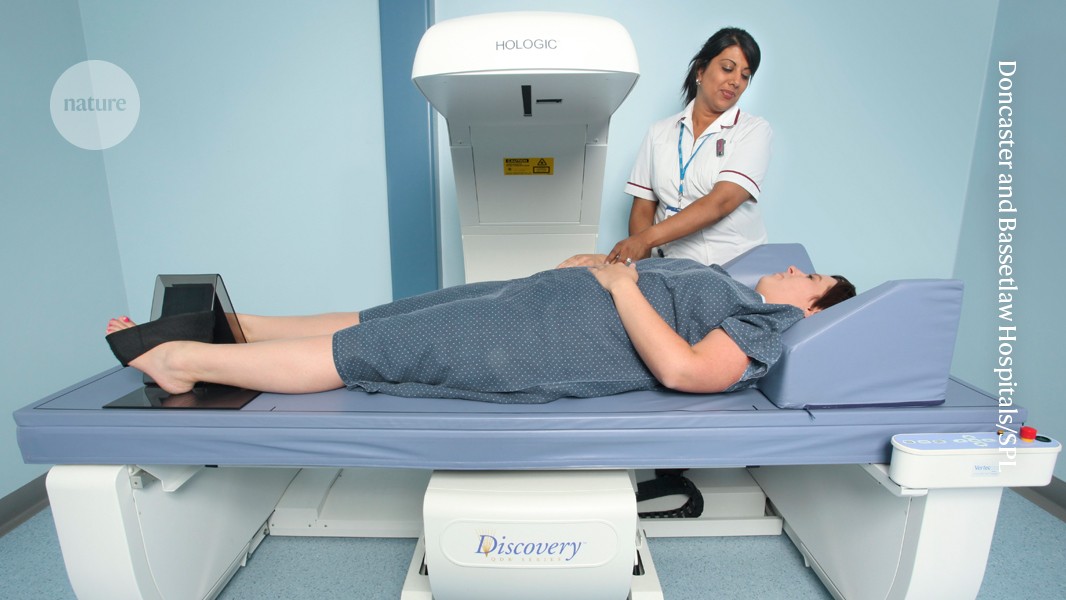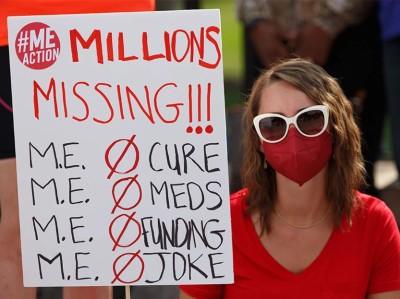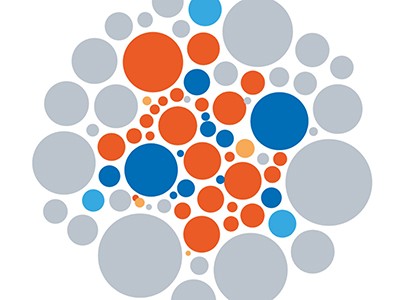
X-ray bone-density scanning is used to diagnose osteoporosis, which can be a symptom of menopause.Credit: Doncaster and Bassetlaw Hospitals/Science Photo Library
Menopause — the cessation of menstruation — will be experienced by the overwhelming majority of women at some time in their lives. It’s hallmark symptoms include poor sleep, hot flushes and low mood; it also brings with it an increased risk of cardiovascular disease, diabetes, osteoporosis and memory loss. Yet, it has rarely been a priority for health systems, or indeed for research. That something experienced by half of humanity is not more studied is little short of scandalous.
The new science of menopause: these emerging therapies could change women’s health
In some parts of the world, the situation might be changing, albeit slowly, as we report this week in a News Feature. The US National Institutes of Health (NIH), for example, is working with researchers to create a strategy for menopause research. Researchers are revisiting the potential of hormone therapy, a once-popular treatment, while also exploring ways to prolong ovarian life and therefore delay the onset of menopause.
At the same time, an increasing number of health-care professionals are showing interest in becoming certified to treat menopause. In the United States between 2022 and 2024, for example, there was a fivefold increase in people applying to take the certification exam of the Menopause Society, a non-profit organization in Pepper Pike, Ohio.
Many of these initiatives need to become better known. On the funding side, perhaps one of the more surprising things is that, so far, few funders seem to be following in the NIH’s footsteps.
Women’s health: end the disparity in funding
Menopause occurs typically between 45 and 55 years old. It can also occur earlier for a variety of reasons, including natural causes, or because of disease or as a result of treatment. The experience of menopause can be improved through hormone therapy, which works by replenishing some hormones that are depleted during menopause, particularly oestrogen and progesterone. However, early results in 2002 from an influential study by the Women’s Health Initiative changed how many women and health-care providers perceive hormone therapy (Writing Group for the Women’s Health Initiative Investigators JAMA 288, 321–333; 2002). One of the study’s findings was that people who had been through menopause and who were taking oestrogen and a synthetic form of progesterone had a slightly elevated risk of breast cancer, heart attack and stroke. Globally, prescriptions for menopause-related hormone therapy dropped sharply. Numbers struggled to recover even after later studies emphasized the limitations of the original findings. Researchers and clinicians are still playing catch-up in trying to get across the message that, as well as managing menopause symptoms, the long-term benefits of menopausal hormone therapy could outweigh the risks for those for whom hormone therapy is a suitable treatment.
Moving the needle
For this editorial, Nature asked some of the larger health-research funding agencies in the United States and Europe about their record and plans for menopause research. The overwhelming majority of studies in the field of ageing do not consider menopause, according to a paper in Nature Aging (G. Gilmer et al. Nature Aging 3, 1500–1508; 2023). The NIH established a category for menopause research in 2023, and is working on a research agenda. The sums involved are not huge, it must be said, but this is not a complete surprise. As we have reported before, conditions that mainly affect women garner much less funding than do those that predominantly affect men. The NIH allocated US$56 million to menopause studies in 2023, projected to increase to $58 million this year.
Women’s health research lacks funding — these charts show how
The US Advanced Research Projects Agency for Health, which has a focus on high-risk, high-reward topics, has two menopause projects that are together worth $13.5 million, with one to extend ovarian function and lifespan, and another to develop ovarian implants to prevent diseases associated with menopause.
Horizon Europe, the world’s largest multinational research-funding programme, has awarded €12 million (US$12.4 million) to a consortium of universities for a project called Caramel, which aims to prevent cardiovascular disease in women aged 40–60. However, Horizon Europe does not have a separate menopause category. Neither does it have a category for women’s health, instead including the subject in a general ‘health’ portfolio of grants.
Last October, Pivotal Ventures, an organization established by philanthropist Melinda French Gates, launched a $250-million funding call aimed at organizations around the world that are working to improve women’s health. Overall, however, menopause is not a defined category for many of the world’s largest philanthropic funders, also including Wellcome in London and the Gates Foundation in Seattle, Washington. Possibly for this reason, neither of these agencies was able to tell Nature the precise extent of their menopause-related funding.
Establishing a separate category of research might seem arcane, but it is unambiguously a sign that funders consider menopause to be a priority. It allows researchers to know how much money is available and how to apply for it; and lets them track what has been spent in the past and who received it.
The disruptive nature of menopause and its health impacts have been known perhaps for millennia and frankly should have been a priority topic for health funders for a long time. It is never too late to start.





